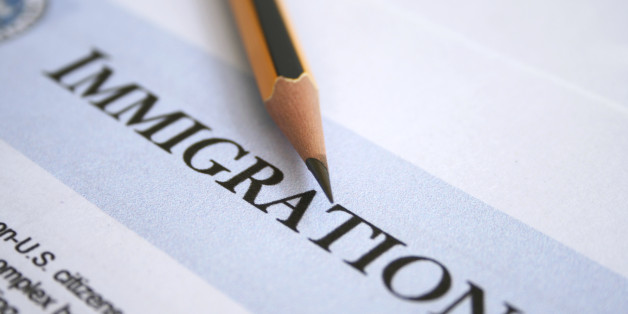

#Private contact employment illegal imigration verification#
Storing Employment Eligibility Verification I-9 Forms ElectronicallyĮlectronic storage of I-9 forms is now explicitly allowed by recent regulations. Employers can now store I-9 forms electronically, check the employment eligibility verification forms online, and learn about what to do if the employee's information does not match the information provided by the government. The employee fills out basic information such as his or her name, date of birth, address and Social Security number, and then the employer certifies that the employee has presented documentation confirming his or her right to work in the U.S.įortunately, although the government will now enforce this requirement more stringently, it has also made complying with employment eligibility verification easier on employers. § 1324a(b).Although the federal government has always required business owners to verify an employee's eligibility to work in the U.S., the Department of Homeland Security has made recent changes to how this is to be accomplished, and has begun strictly enforcing employment eligibility verification.Įmployers are required to complete I-9 forms within three days after hiring an employee. § 1546(b) makes it a felony offense to use a false identification document, or misuse a real one, for the purpose of satisfying the employment verification provisions in 8 U.S.C. § 274a.1(k).A scheme for civil enforcement of the requirements of § 1324a through injunctions and monetary penalties is set forth in § 1324a(e) and § 1324a(f)(2). The legislative history indicates that "a pattern or practice" of violations is to be given a commonsense rather than overly technical meaning, and must evidence regular, repeated and intentional activities, but does not include isolated, sporadic or accidental acts. Subsection 1324a(f) provides that any person or entity that engages in a "pattern or practice" of violations of subsection (a)(1)(A) or (a)(2) shall be fined not more than $3000 for each unauthorized alien with respect to whom such a violation occurs, imprisoned for not more than six months for the entire pattern or practice, or both. Subsection 1324a(2) makes it unlawful for any person or entity, after hiring an alien for employment, to continue to employ the alien in the United States knowing the alien is or has become an unauthorized alien with respect to such employment. § 1324a(a)(1)(A) makes it unlawful for any person or other entity to hire, recruit, or refer for a fee, for employment in the United States an alien knowing the alien is an unauthorized alien, as defined in subsection 1324a(h)(3).


 0 kommentar(er)
0 kommentar(er)
